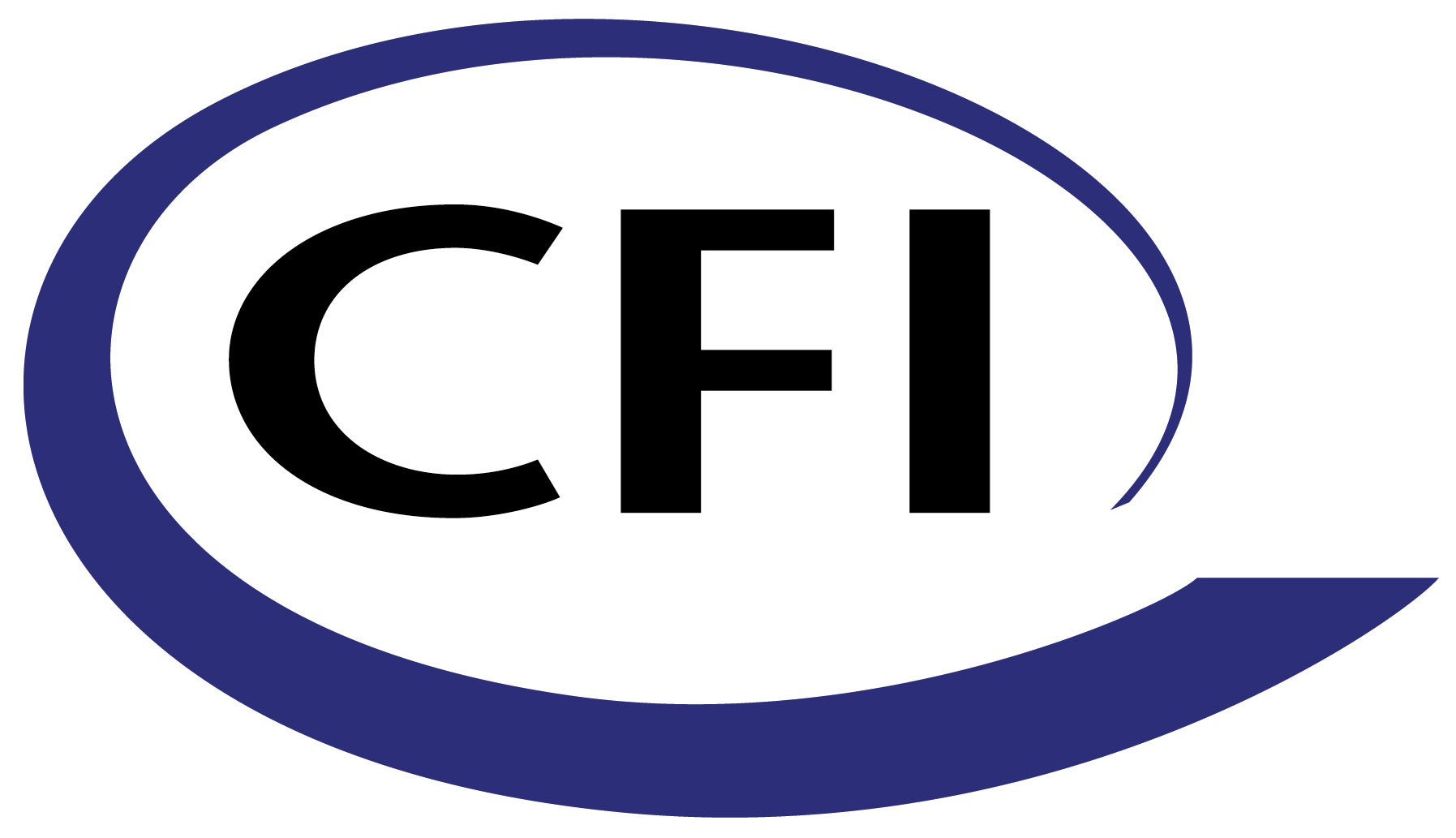CFI seminar: the Internet and the Self – sociological perspectives
Following the highly successful seminar "the Internet and the Self – philosophical perspectives" last year, the Centre for Internet Studies is pleased to announce a follow up seminar: "The Internet and the Self - sociological perspectives".

The seminar will be held on Monday 10 March from 1 pm to 4 pm in ADA building, room 333 at Katrinebjerg. Contributors are Annette Markham, Jesper Tække, Jakob Linaa Jensen, Jan Løhmann Stephensen and Vlada Botoric. The format is informal: 15 minutes presentation from each on current research, theoretical considerations or presenting a paper in progress. The idea is to leave lot of space for discussion and academic interaction.
Everybody is welcome, you can just show up or send an indication of participation to linaa@imv.au.dk
Abstracts:
Annette Markham
Getting closer to lived experience of identity play in mediatized contexts: A methodological provocation
Annette will talk about her latest methodological project, where she is building a set of practices to enable study participants to become their own participant observers. Using concepts of actor network theory, symbolic interactionism, and phenomenology, she builds experiments wherein participants engage in looping, remixing, and reflexively analyzing their own activities and sensemaking practices in social media contexts. The emergent methods blend aspects of ethnography, auto-ethnography, phenomenology, and discourse analysis.
Vlada Botoric
Building an identity brick by brick
The idea for this research has been developed upon the fan production/consumption dialectic, the emergence of fan commoditized play in which divergent practices are commercially used, and upon the transformation of corporations from producers to platform providers for user-generated content. The aim of the research is to illustrate the extent to what fans’ activities, from the individual-centered perspective, have been integrated into new business models. Given this trajectory, researching LEGO fandom may provide an important key for understanding many forms of value creation, participation, and exploitation in order to shed light on the broader ontological and epistemological changes in our social and cultural structures through fan practices online.
Jakob Linaa Jensen
Algorithmic power from an actor/structure perspective
This presentation discusses algorithms by employing a sociological distinction between actor and structure. Algorithms now form structures important in our daily and social life online, determining the range of our actions and affecting social relations and knowledge. Rather than actor versus structure, it is now a question of human versus algorithm. The dichotomy is explored through works of Erving Goffman, Michael Foucault and Gilles Deleuze & Felix Guattari. Their concepts like front stage / back stage, social structure, discourse regimes and smooth versus striated space are used to discuss specific examples of the importance of algorithms in everyday life. What these approaches share in common is that algorithms is a question of power, imposed with or without specific intentions from conscious actors.
Jesper Tække
Media history and the evolution of the mind
The presentation tries ?to ?elaborate? on how,? not ?only ?language, but ?also ?later ?media, through? the ?history ?of?evolution, plays an important role for our possibilities for self-reflexivity and thereby for the establishment of a social self. In doing? that the? paper ?describes ?five ?media ?revolutions ?(speech, writing, printing, electronic ?media? and? digital ?media) ?and ?claims ?that ?each ?and ?one added? medium ?extents ?the psychic? self-reflexivity ?through ?the?new medium’s scope for extended? social ?complexity. The presentation put forward an analysis of the different?levels of ?self?reflexivity the selves in each? respective historical medium?society? has ?had, and suggests a name for each of? them, with reference ?to ?the ?media-environmental scoop for and? demand? for? self?reflexivity. ??
Jan Løhmann Stephensen
The Dolce Utopias of Creative Labour and the Internet
The last couple of decades, creative work/labour has been embraced as the way to a more prosperous, fun and less conflict-marred future for society as well as for the individual. While this certainly can be seen as a somewhat perverse realization of critiques of previous forms of capitalist modernity and its technologies, that is, as a kind of renewed "creative" work ethic with obvious biopolitical aspects attached to it (cf. Bifo 2009, Boltanski & Chiapello 2005), nor can the affordances of collaborative creative modes of so-called immaterial labour of especially Web 2.0 be ignored.
